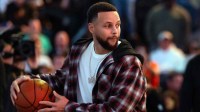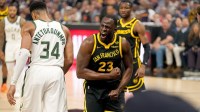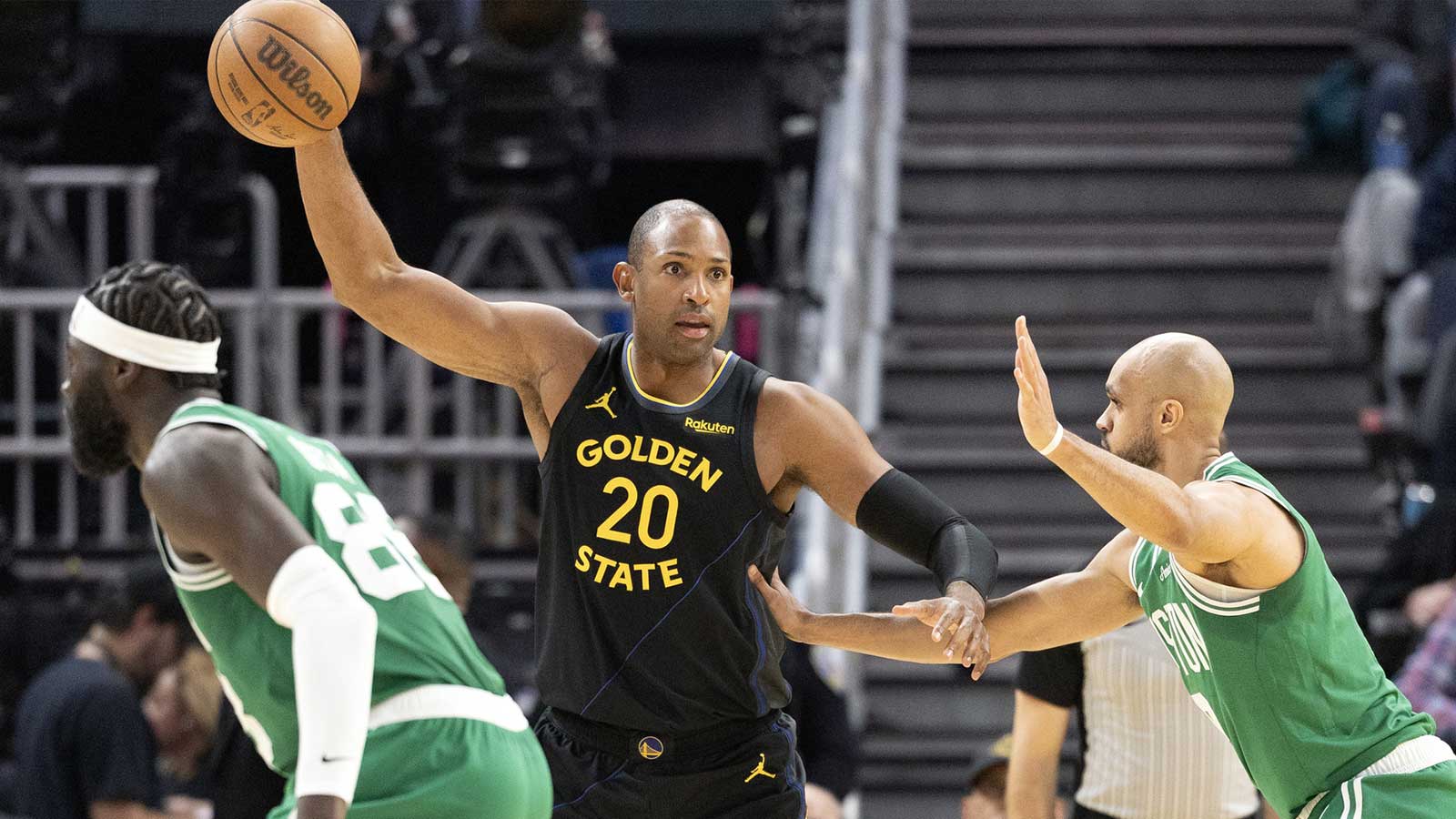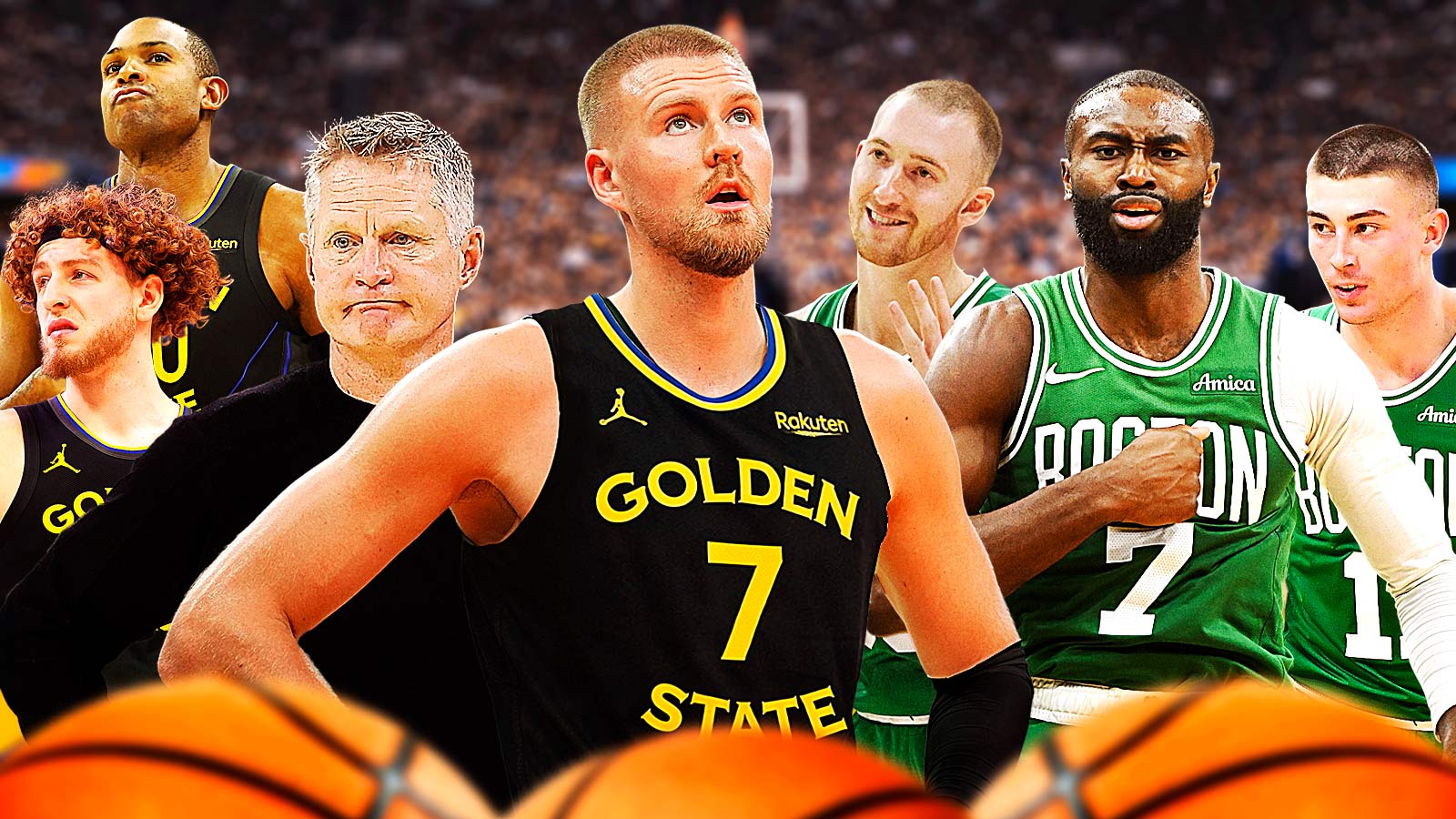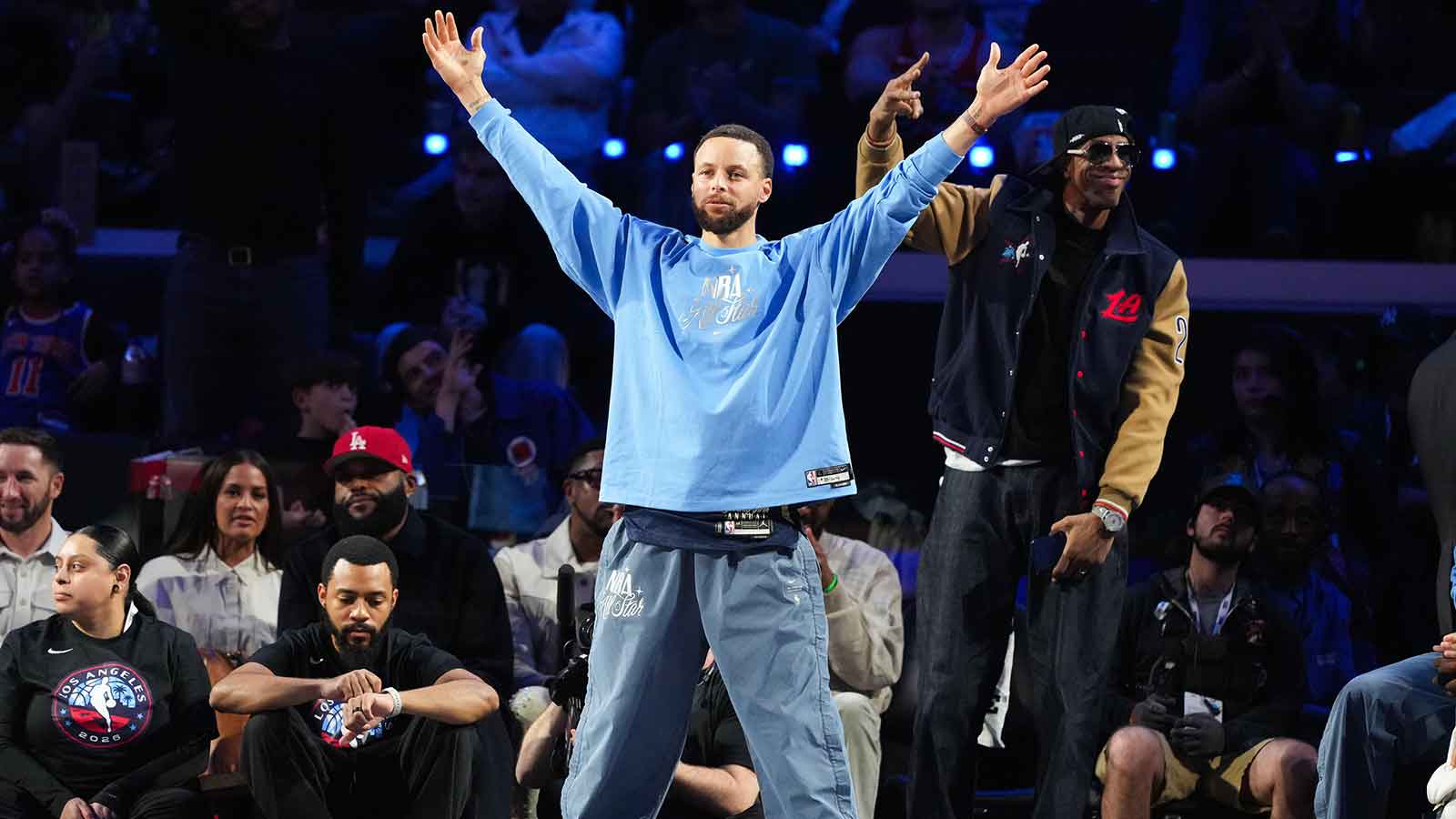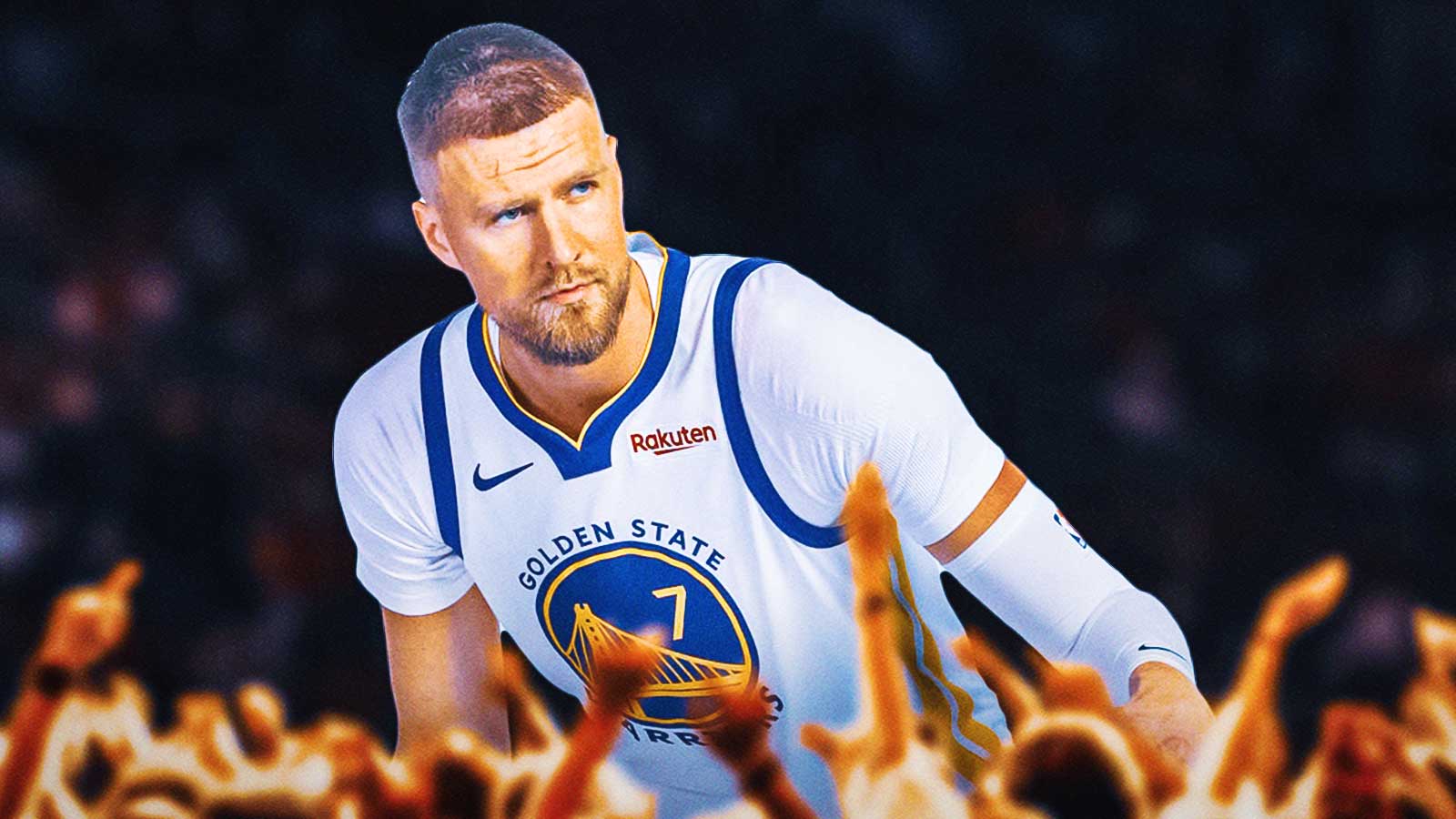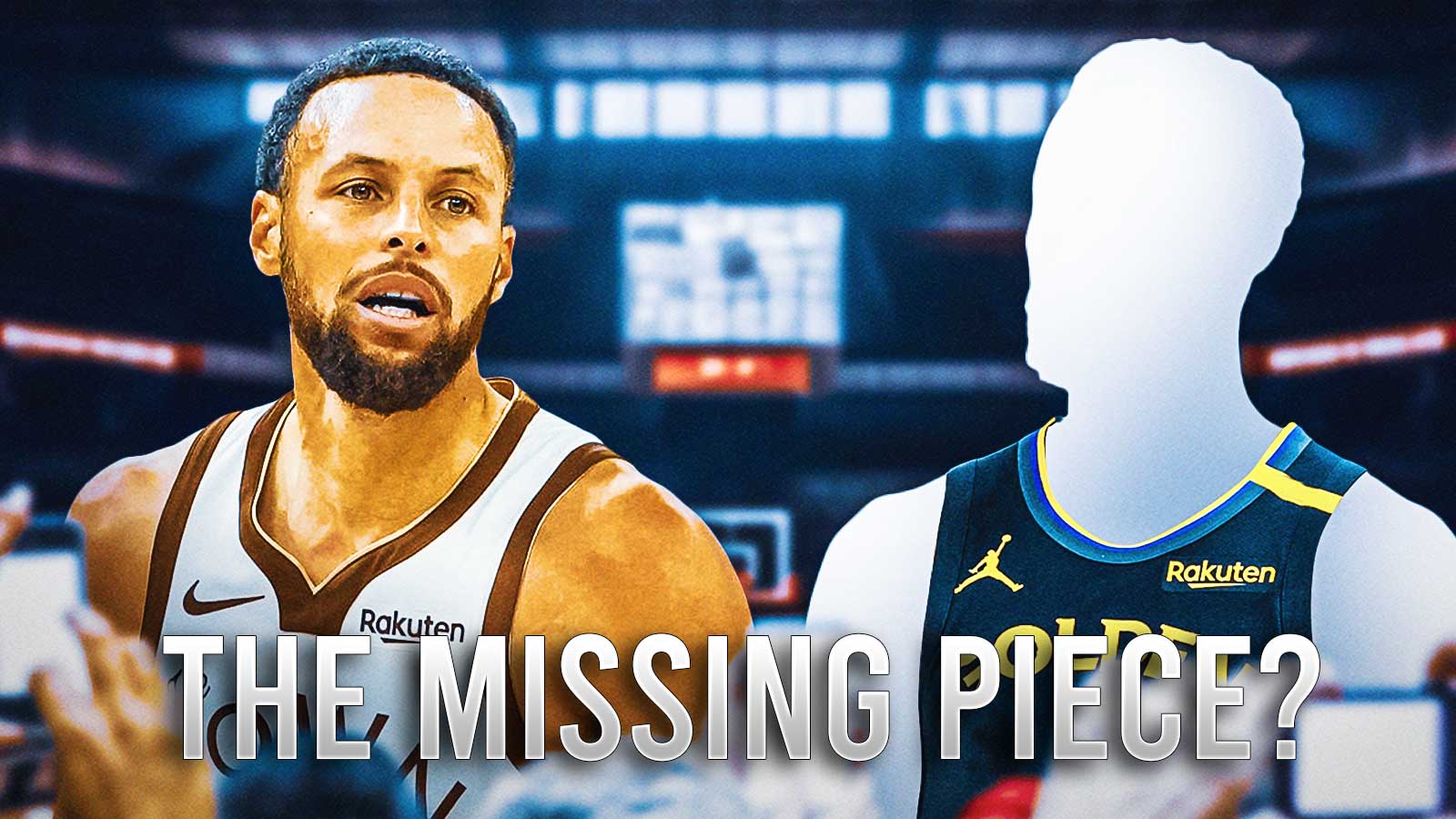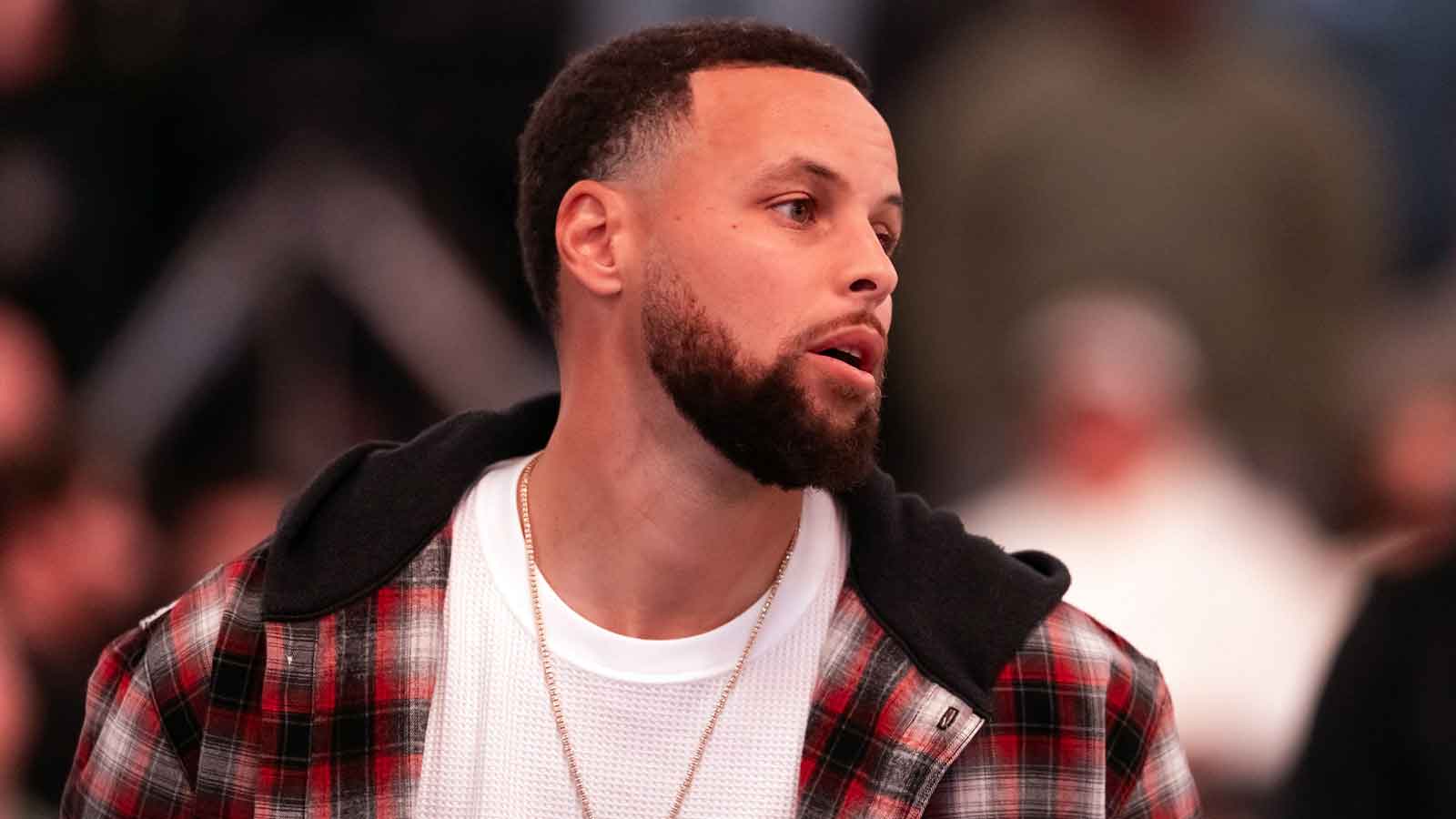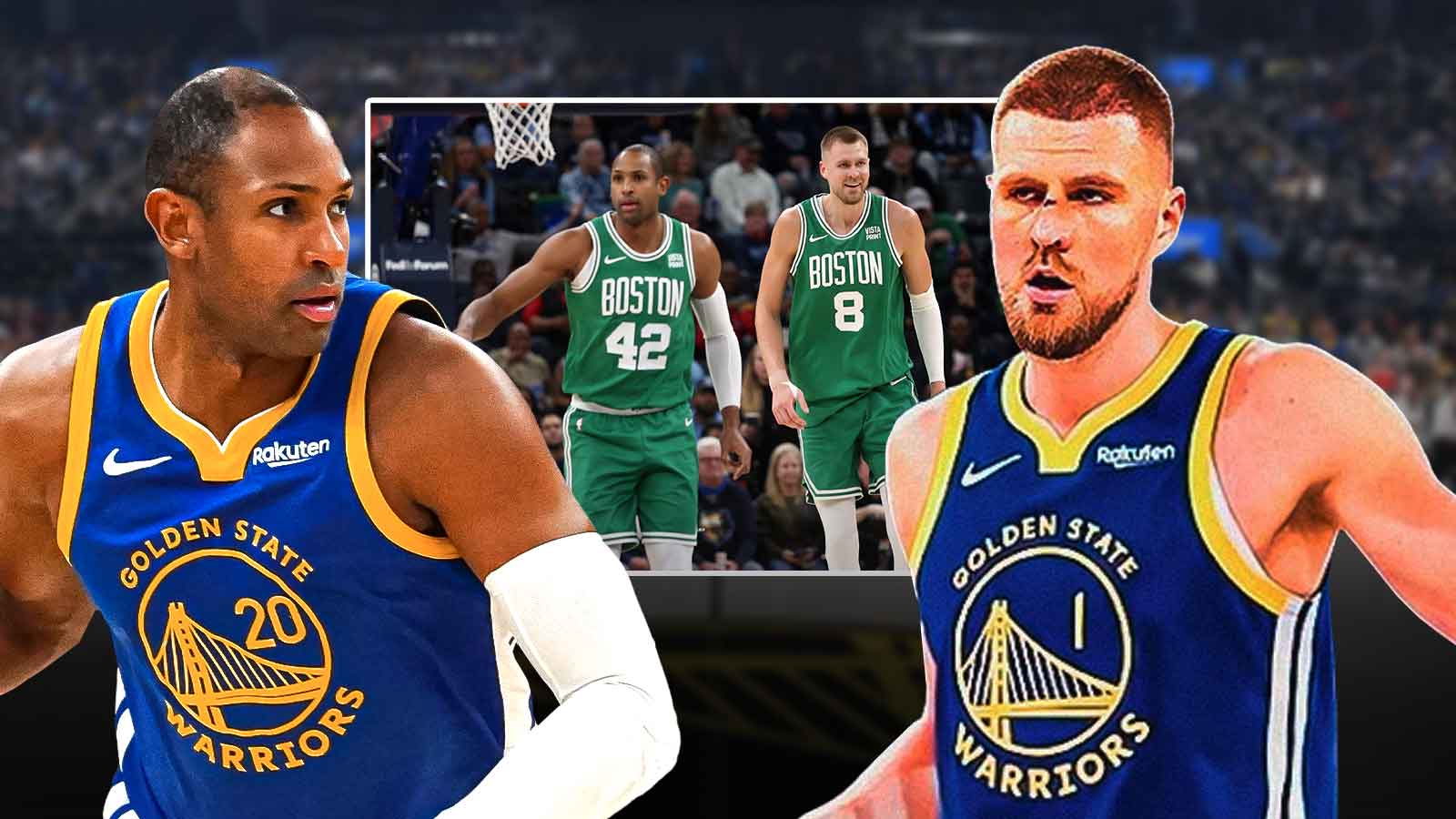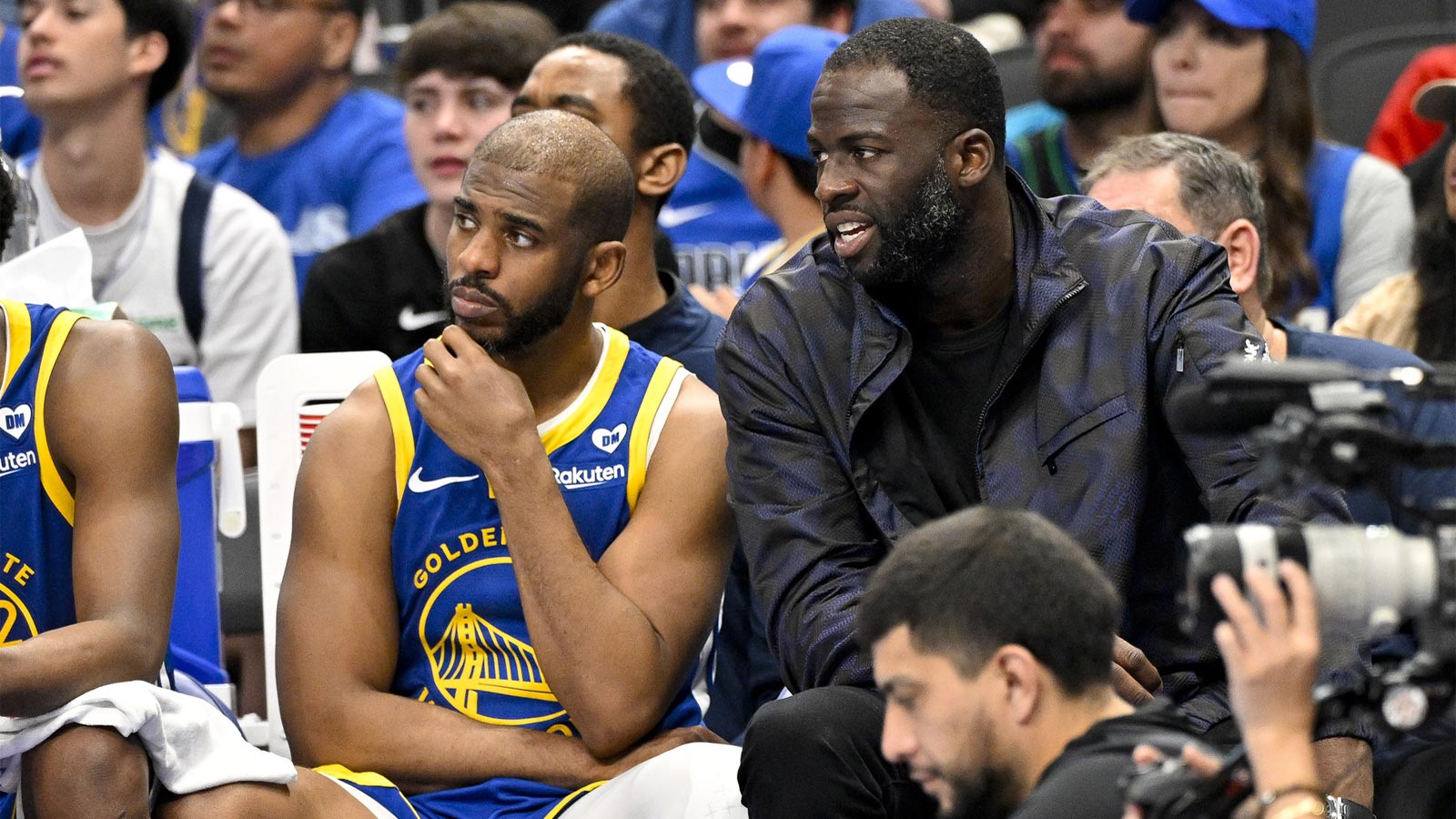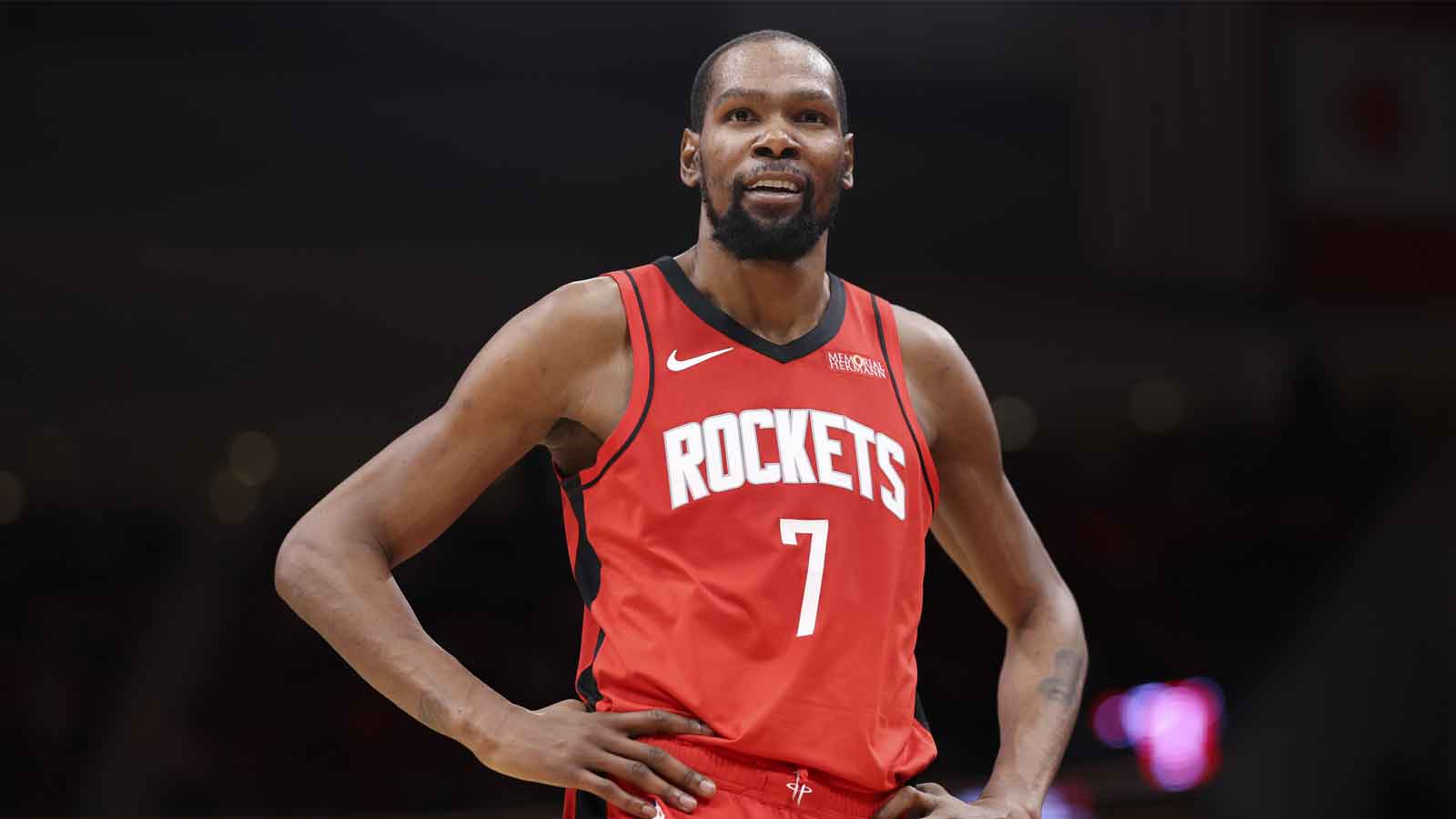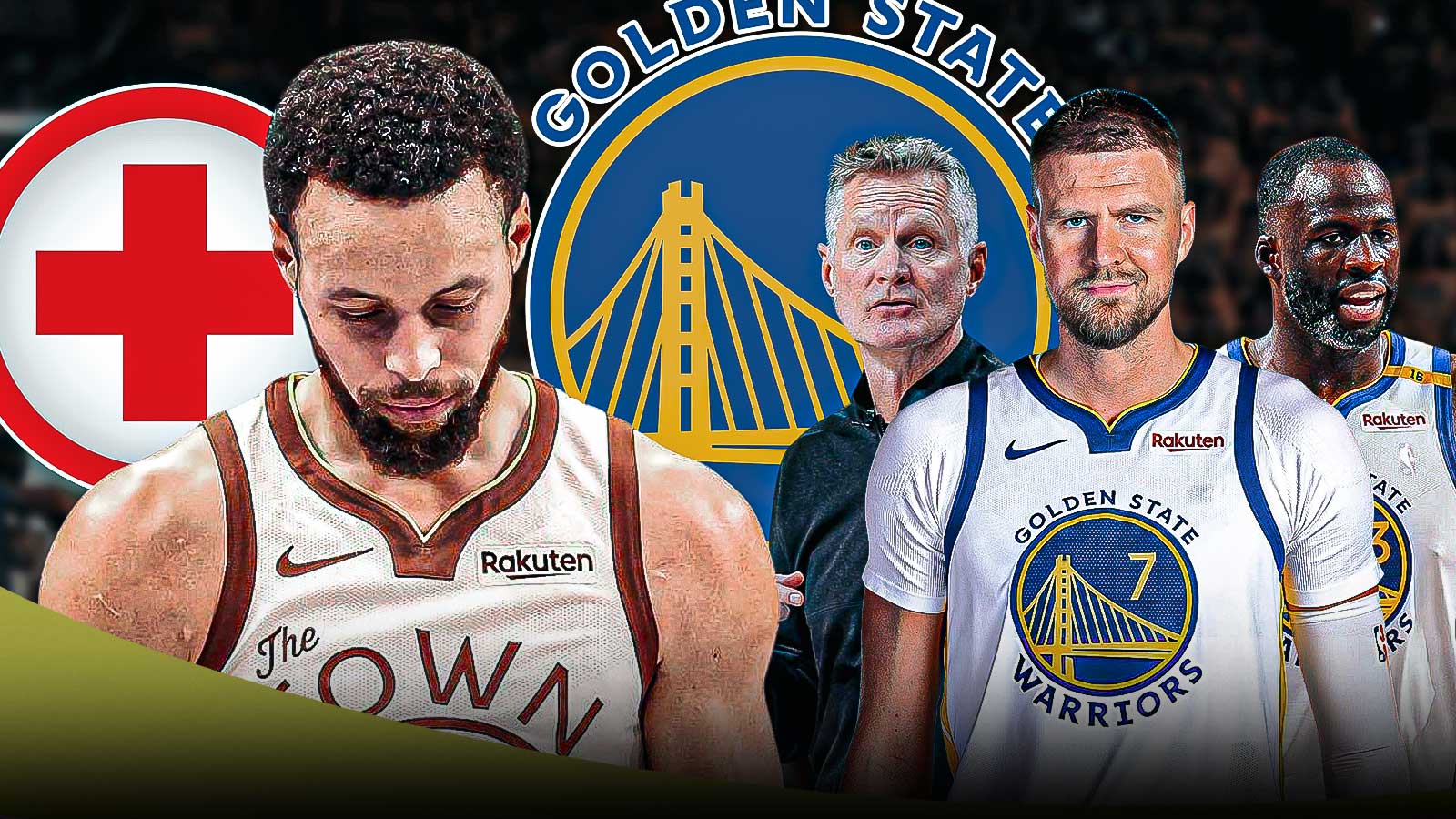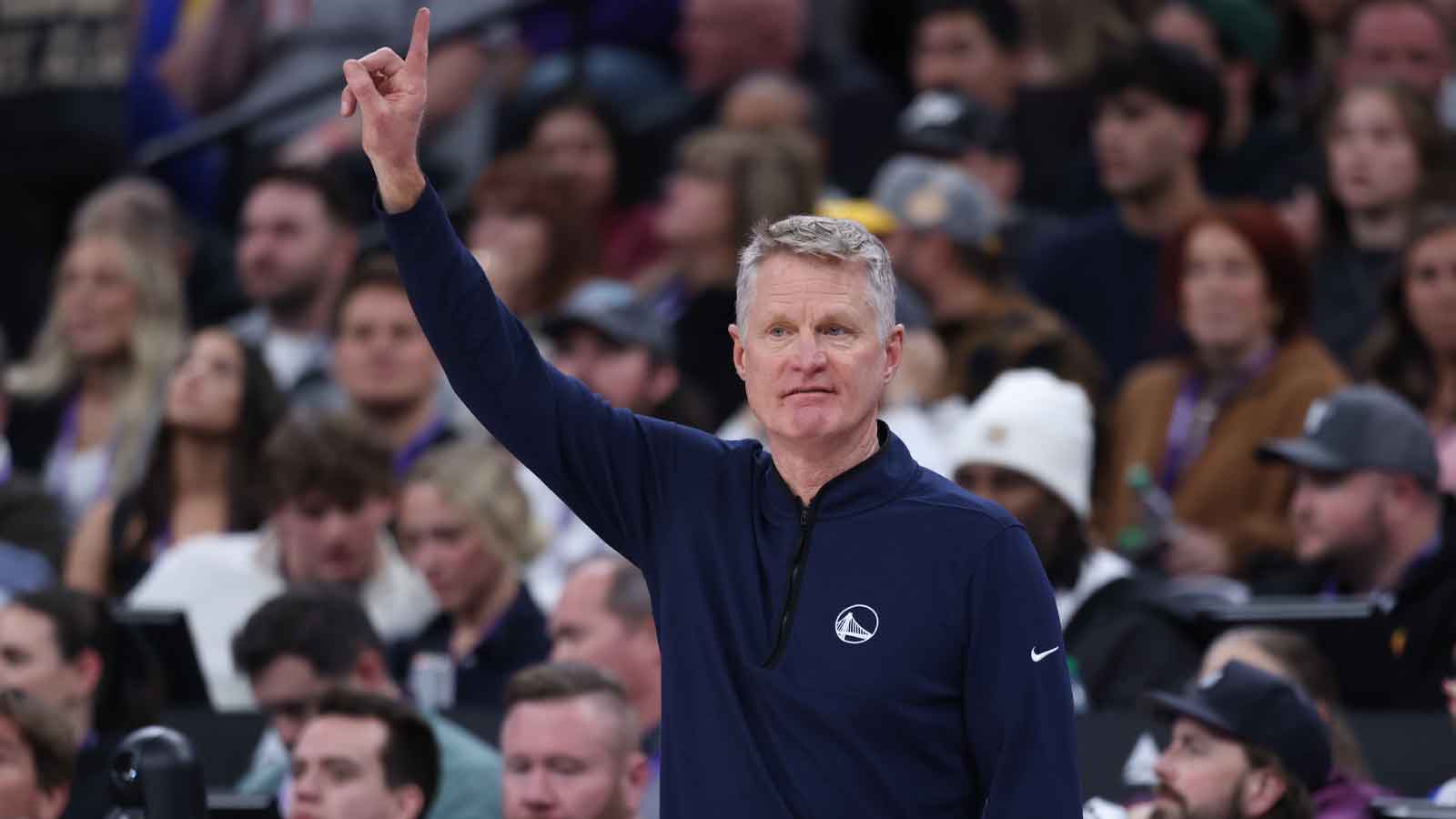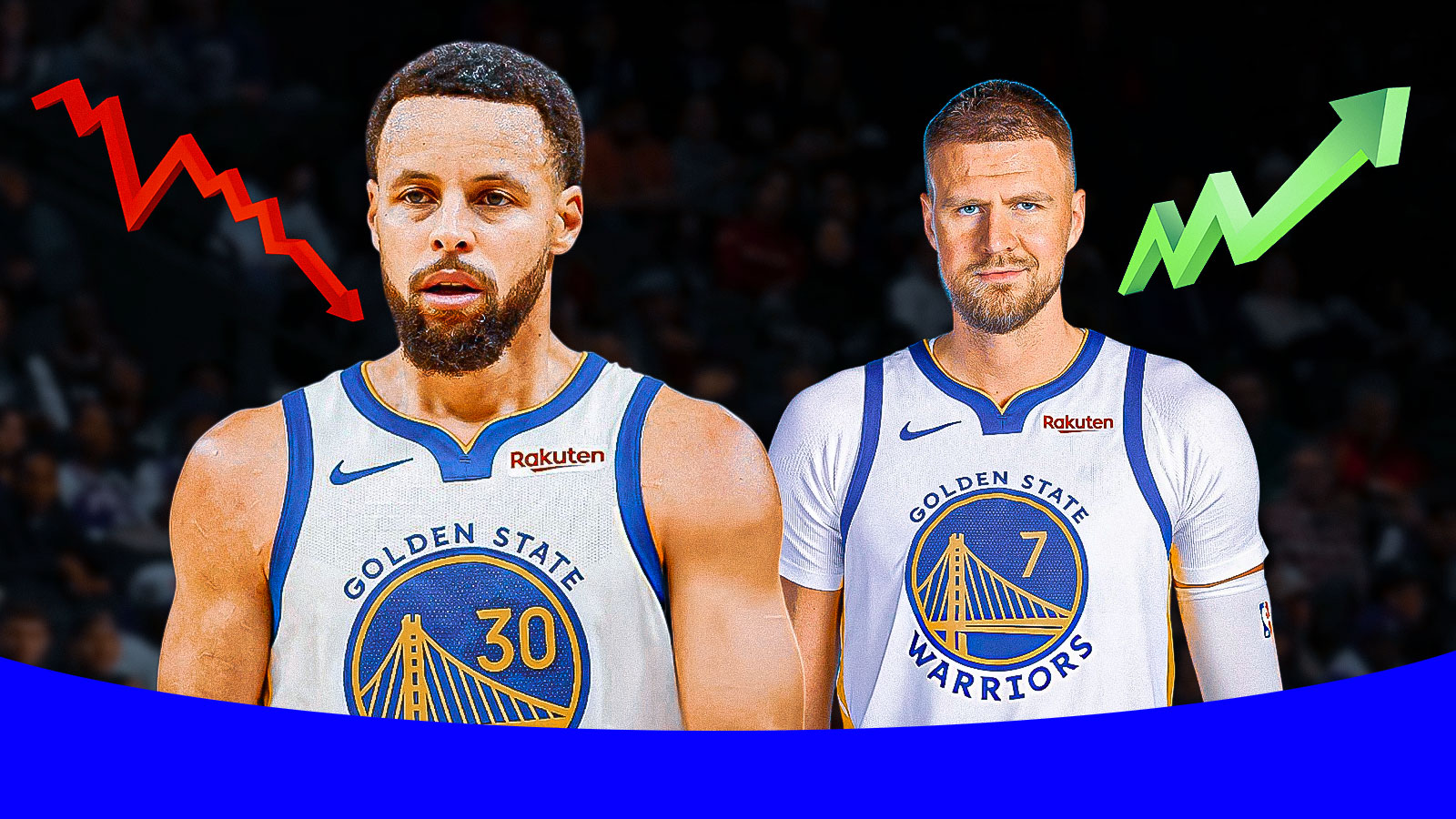The average NBA franchise has never been valuable, and we're less than two weeks into a season where the Larry O'Brien Trophy seems truly up for grabs. As negotiations between owners and the players' association on the next Collective Bargaining Agreement continue before the mid-December mutual opt-out deadline, though, league power brokers are pushing for a change to the current system so significant that some players believe a lockout could be inevitable.
ESPN's Adrian Wojnarowski reported on Friday that the NBA is pursuing an “upper salary limit” in the next CBA after the Golden State Warriors, LA Clippers and Brooklyn Nets racked up record payrolls and luxury tax penalties last season, a proposal met with “firm resistance” from the NBPA.
Story filed to ESPN: The NBA is pursuing the implementation of an upper salary limit in its negotiations on a new collective bargaining agreement with the National Basketball Players Association, a systematic change that has been met with significant union resistance.
— Adrian Wojnarowski (@wojespn) October 28, 2022
Pay special attention to Wojnarowski's framing of the league and its owners aim here. An “upper salary limit” means “hard cap” no matter how much billionaire governors want to avoid the stigma associated with the term.
Unsurprisingly, an NBPA source told league insider Marc Stein that owners' desire for a hard cap would inevitably prompt a lockout.
“There will be a lockout before there’s a hard cap.”
The NBA has long operated under a soft salary cap, with no maximum spending on payroll. If a team exceeds the annual salary cap, it is charged an escalating amount per dollar over that number that is divvied up among non-taxpaying franchises at season's end. Under current rules, teams are only subject to a hard cap—referred to as the luxury tax “apron”—if they acquire a player using the full mid-level exception, bi-annual exception or via sign-and-trade.
The league and players' association must decide whether to extend the existing CBA one more year by December 15th. If either side exercises its opt-out clause, the current CBA would expire on the eve of free agency next summer, meaning a new agreement would have to be in place before 2023-24 to avoid a work stoppage.
Central to the league's yearning for a hard cap is the Warriors' exorbitant spending both last season and going forward, according to Stein.
This much is clear: What’s happening in Golden State is at the crux of the USL discourse. One league source pointed to all the recent hoopla about a potential Warriors salary-plus-luxury tax bill that approaches (or maybe even exceeds) the $500 million mark and said that “payroll disparity” concerns, as they are increasing referred to around the league, have undeniably pumped some doubt into labor talks that were once regarded as “a layup.”
Stein also reports that not all 30 franchises are seeking a hard cap, with some maintaining that an actual cap on payroll “would make it even harder [for teams] to retain their best players.” It's safe to say Golden State, LA and Brooklyn, for instance, are among that minority group.
A report from Forbes earlier this week valued the mean NBA franchise at a whopping $2.85 billion, a 15% increase compared to last year. Ratings are up in the season's early going, and a new broadcast rights deal due before 2025-26 will soon result in a massive financial windfall for owners and players alike.
Are the league and its owners so committed to a hard cap they'd risk curbing that palpable momentum with a lockout? As noted by Bleacher Report's Howard Beck, this is hardly the first time owners have agitated for a true spending limit during CBA negotiations.
Just want to note, before everyone gets into a froth over "hard cap" proposals: NBA has asked/proposed/floated a hard cap, or something like it, in nearly every CBA discussion since the Paleozoic Era (give or take an era). Then they table it for the next one. wash/rinse/repeat
— Howard Beck (@HowardBeck) October 28, 2022
Fingers crossed the players hold firm, forcing the billionaire class to renege on the self-serving systemic change it wants before pen is put to paper on the next CBA.




